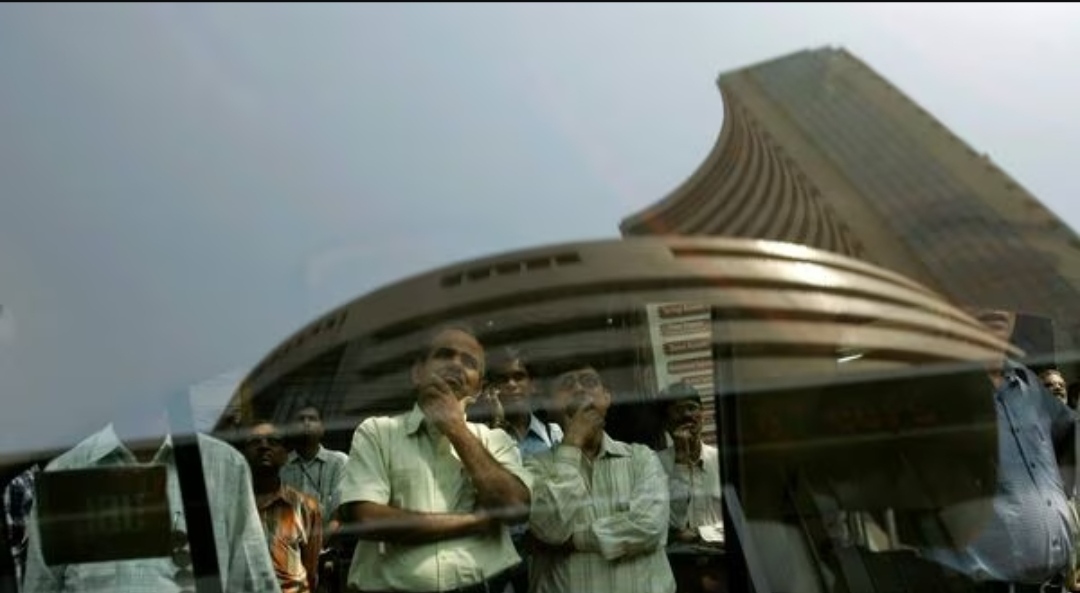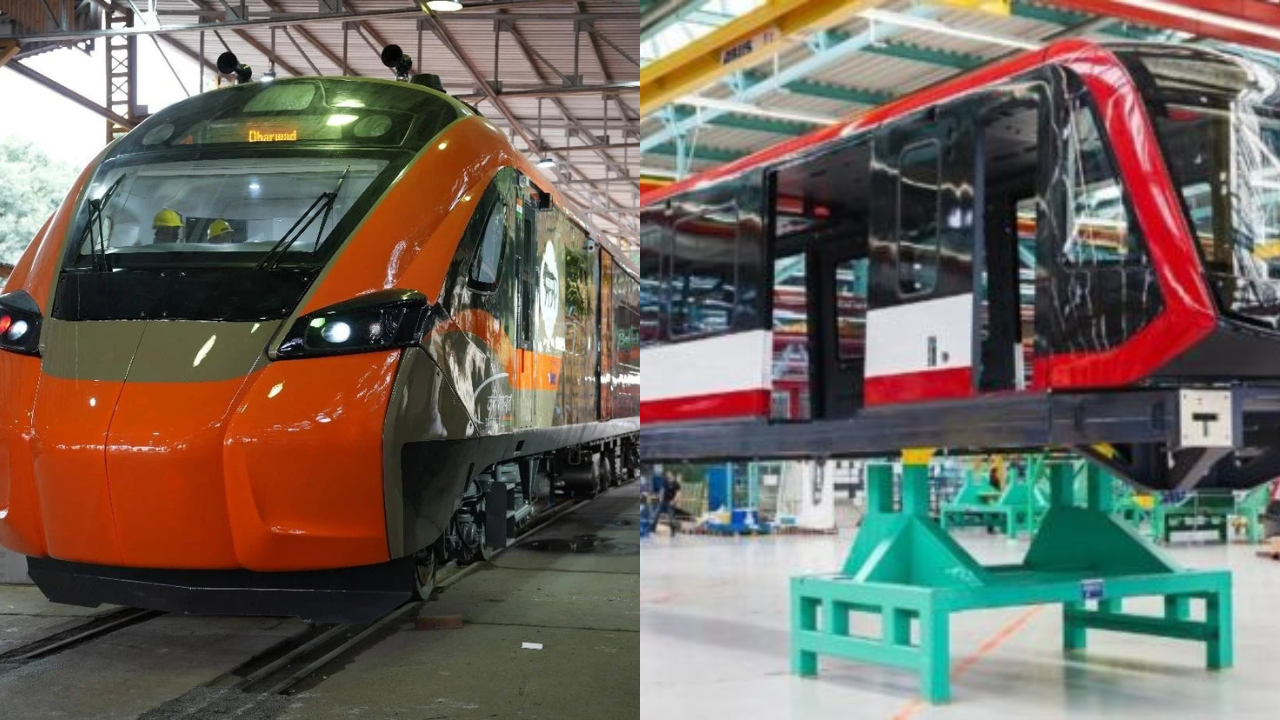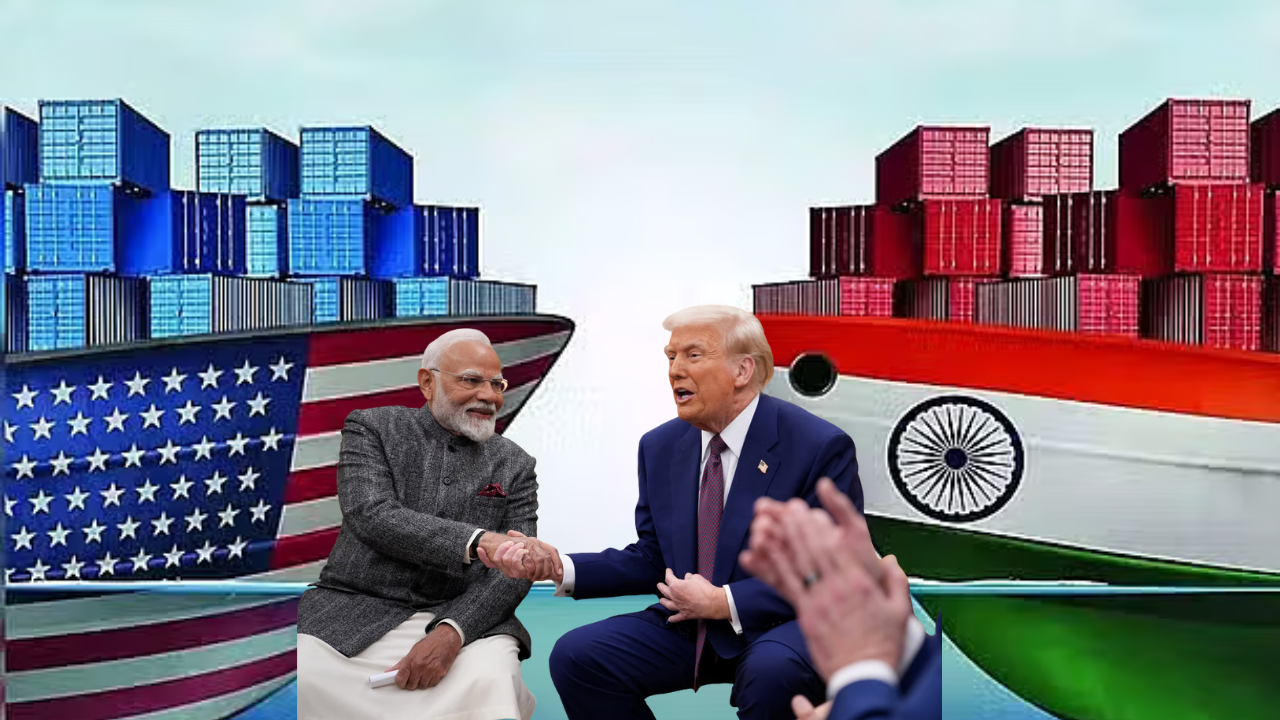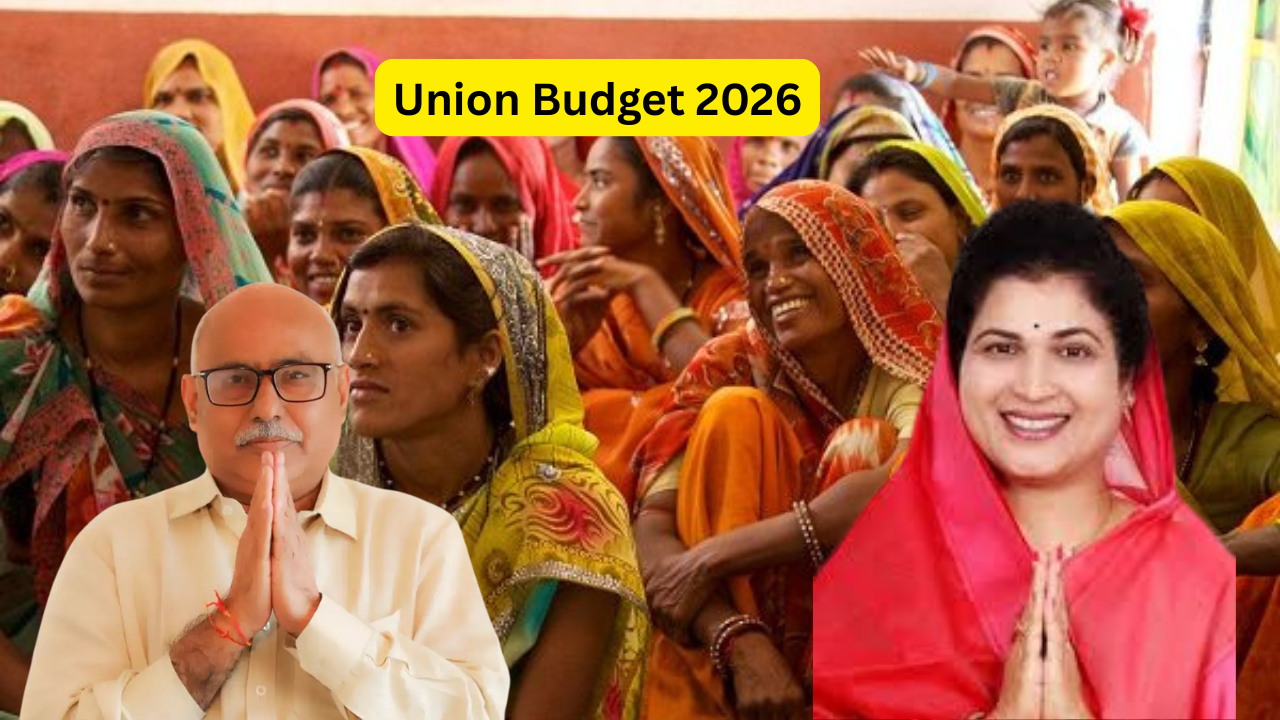The RoDTEP scheme, announced in January 2021, refunds general taxes and duties, such as VAT on fuel used in transport, mandi tax and electricity tax.
It replaces the WTO-inconsistent Merchandise Exports from India Scheme (MEIS), which had faced several challenges from WTO members.
The Union government has no plans to review the Duty Free on Exported Products (RoDTEP) scheme after the United States and the European Union (EU) imposed anti-subsidy duties last year on four products. Indian products, citing violations of global trade rules. A government official said.
The US and EU imposed countervailing duties (CVD) on paper records, common aluminum alloy plates and forged steel following an anti-subsidy investigation. Countervailing duties are customs duties on imported products that are imposed to compensate for subsidies provided by the exporting country’s government to protect the domestic industry. “When US investigators visit manufacturing plants, exporters must demonstrate that they are receiving discounts, not incentives. They must be able to prove that they pay their electricity bill and value added tax (VAT). But there are document retention issues on the part of our exporters. We are working on a process to help exporters get acquainted with the entire documentation process,” the official said.
“There is no need to modify the project. It is WTO compliant. Very few exporters cannot present documents. Some people mentioned that it was an incentive because there had been an incentive before. Therefore, our exporters will have to adapt to the documentation mechanism and the government will help them in the process,” the official added.
The RoDTEP scheme, announced in January 2021, refunds general taxes and duties, such as VAT on fuel used in transport, mandi tax and electricity tax.
It replaces the WTO-inconsistent Merchandise Exports from India Scheme (MEIS), which had faced several challenges from WTO members. The RoDTEP program operates within a budgetary framework and in FY 23-24, Rs 15,070 crore has been allocated to promote exports of products such as pharmaceuticals, organic and inorganic chemicals, iron commodities steel, among other products.
“If our partner country cannot explain our policy then that is a problem. The responsibility belongs to us. Because we are looking to reach the market. For example, if partner countries impose standards, we must comply with them. So we need market access and so we will have to resolve these issues,” Biswajit Dhar, Professor, Centre for Economic Studies and Planning, Jawaharlal Nehru University, said.
Dhar added that implementation of the scheme assumes significance as other countries are more likely to scrutinize the scheme after the US and EU have imposed countervailing duties on Indian products. He added that RoDTEP is WTO compatible but WTO is about transparency and predictability and the government has to ensure that.
“Another thing is how we are implementing it. There is a problem of oversight. The industry has rightly argued that this rate is too low. Whatever the policy, it needs to be continuously reviewed and monitored to ensure proper compliance.
Because because of a single black sheep, we cannot let the entire project be called into question. The government needs to be cautious in its implementation because as our exports decline, we need to count every penny. Because we might lose,” Dhar added.
For more information visit at https://happenrecently.com/zepto/?amp=1















